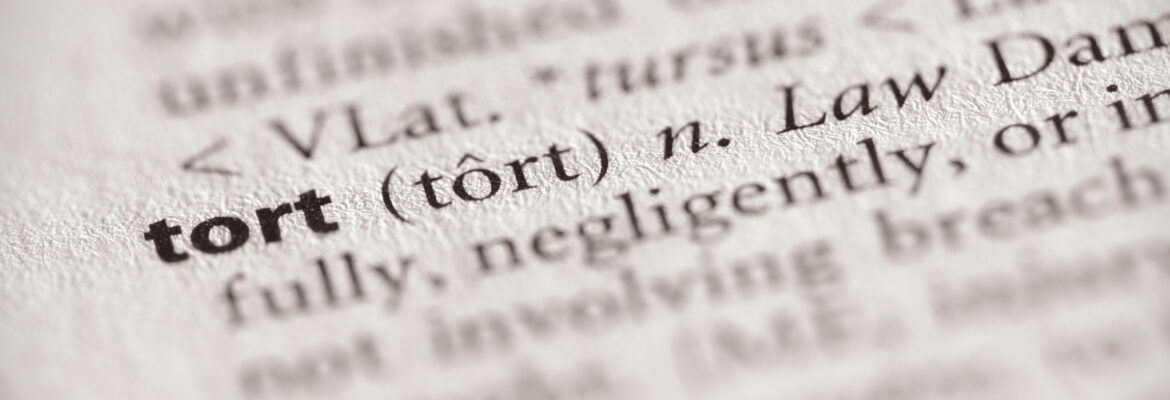Tort & Insurance Law Update #125
- Home
- Tort & Insurance Law Update
- Tort & Insurance Law Update #125

Posted Apr 2024
TORT & INSURANCE LAW UPDATE
| No. 125 Provided as a service to the firm’s clients and friends. April 2024 |
by Andrew J. Petersen
Psychological Reactance Theory
I recently updated my research on psychological reactance theory (PRT). This is mostly for a paper on censorship I am presenting at Claremont College next month. One of the more interesting articles is by Ben Rosenberg and Jason Siegal: A 50-Year Review of Psychological Reactance Theory: Do Not Read This Article. I have embedded the link here.
PRT is less complicated than it sounds. It was conceptualized over sixty years ago by Jack Brehm, and it provides a framework for understanding why when someone is told what to do, they often resist or do the opposite. Think reverse psychology. This motivation has much to do with freedom, free will, and autonomy. When something impinges on our freedom, we are motivated to restore the loss of freedom. We can also see something similar in recent discussions on “nudge” theory and why nudge works and may not work when there is reactance. (“Nudge” was written by Richard Thaler an economist at the Univ. of Chicago and Cass Sunstein at Harvard Law.)
What does this have to do with the law? Part of our job as attorneys is to persuade. We try to persuade judges, juries, clients, and other attorneys. Although at times I tend to treat litigation as a boxing match, I am still learning that others, including judges, do not want to be pushed and told what to do. There are ways to minimize reactance such as using supportive language. For example, when discussing the admissibility of certain evidence, emphasize the judge’s discretion and provide reasons or a narrative on why what you are saying makes the most sense. (Narratives are easy to find in any case you cite to the court.) If the judge expresses uncertainty, rather than tell the judge what to do, guide and nudge.
Here is an example of what to avoid. During an oral argument at Division Two, my opposing counsel said the following about a recent opinion from Division One:
Division One has a result it wants to reach that the county can’t be sued, then they come up with a rationale to fit the result.
Insulting the court’s colleagues north of the Gila is not a winning argument. After losing, he (along with his cohorts) then filed an obnoxious motion for reconsideration telling the court of appeals how wrong it is for distinguishing “misconduct” from “negligence.” He then filed a supplemental list of fifty-three twentieth-century dictionaries. But none of these fifty-three definitions include “negligence” in defining misconduct. Rather pointless. The reality is that none of this was going to change the court’s opinion. Attacking judges is not going to change their minds. I wonder what this attorney believes will happen next time he argues in front of this panel. Judges have long memories.
We are the same way. When was the last time you changed your mind about something? More often when we are challenged we rationalize our prior thinking. As an advocate, perhaps ask what would help the decision-maker feel more autonomous and what may avoid reactance. For me, I should drop the gloves a little more.